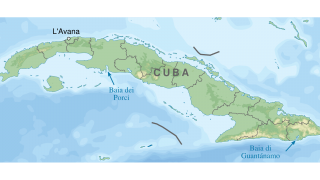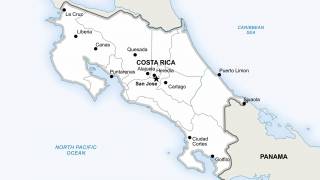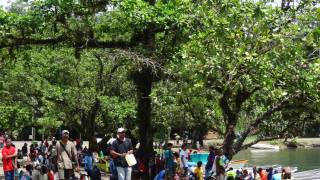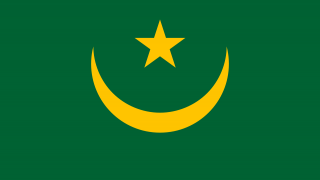Do Not Travel Advisory Issued For the Republic of Haiti

The US Department of State increased its Travel Advisory for the Republic of Haiti to Level 4 status.
On March 5, 2020, the State Department’s Do Not Travel Advisory says ‘Violent crime is common in Haiti.’
And, kidnappings are widespread. Kidnappers may use sophisticated planning or take advantage of unplanned opportunities. These victims have included U.S. citizens.
Travelers are sometimes followed and violently attacked and robbed shortly after leaving the Port-au-Prince International Airport.
Haitian robbers and carjackers have attacked private vehicles stuck in heavy traffic congestion and often target lone drivers, particularly women driving alone.
The US government continues to say it has limited ability to provide emergency services to U.S. citizens in some areas of Haiti. U.S. government personnel are discouraged from walking in most neighborhoods.
Only adult family members over the age of 18 are permitted to accompany U.S. government employees assigned to the U.S. Embassy in Port-au-Prince. U.S. government personnel in Haiti are prohibited from:
- Visiting establishments after dark without secure, on-site parking
- Using any kind of public transportation or taxis
- Visiting banks and using ATMs
- Driving outside of Port-au-Prince at night
- Traveling anywhere between 1:00 a.m. and 5:00 a.m.
- Visiting certain parts of the city at any time without prior approval and special security measures in place
- The U.S. Embassy requires its personnel to use official transportation to and from the airport
On March 5, 2020, Haiti’s new Prime Minister, Joseph Jouthe, said in a local news article, ‘The situation is serious. We are living today in a precarious socio-economic situation which could lead at any time to a humanitarian disaster.’
‘Our country is dying.’
Haiti is a Caribbean country that shares the western end of the island of Hispaniola with the Dominican Republic. Haiti has an estimated population of 11.1 million, making it the second-most populous country in the Caribbean Sea, after Cuba.
Haiti welcomes about 1.2 million visitors each year.
If you decide to travel to Haiti, the State Department says:
- Avoid demonstrations. Do not attempt to drive through roadblocks nor resist any robbery attempt.
- Do not provide personal information to unauthorized individuals located in the immigration, customs, or other areas inside or near any airports in Haiti.
- Enroll in the Smart Traveler Enrollment Program to receive Alerts and make it easier to locate you in an emergency.
- U.S. citizens who travel abroad should always have a contingency plan for emergency situations, such as this Traveler’s Checklist.
- If Americans need assistance, the US Embassy is located at Tabarre 41, Route de Tabarre, Port-au-Prince, Haiti, with a phone number of 011-509-2229-8000.
From a health perspective, the US Centers for Disease Control and Prevention (CDC) updated its travel guidance when visiting Haiti, on August 2, 2019.
The CDC says to ensure you are up-to-date on several Routine Vaccines before visiting Haiti.
Additionally, the CDC suggests these travel vaccinations: Cholera, Hepatitis A, Hepatitis B, and Typhoid.
Previously, the State Department had issued a Level 4 Travel Advisory for Haiti on May 20, 2019.
These vaccines, related medications, and pre-trip counseling appointments can be scheduled at Vax-Before-Travel.
Haiti Travel Alerts published by Vax-Before-Travel.
Our Trust Standards: Medical Advisory Committee
























